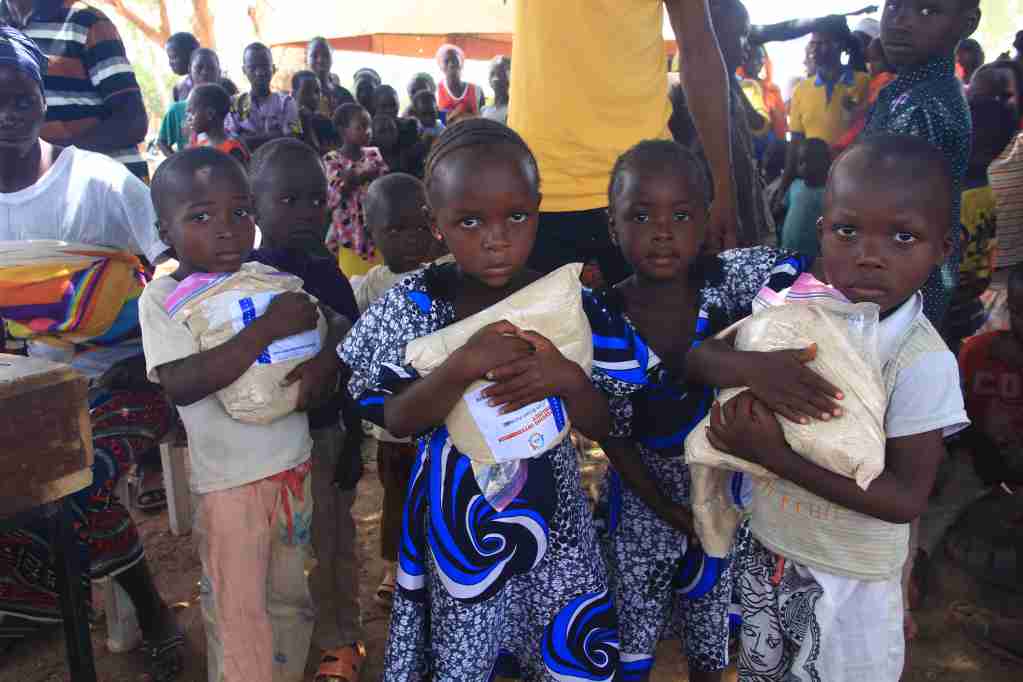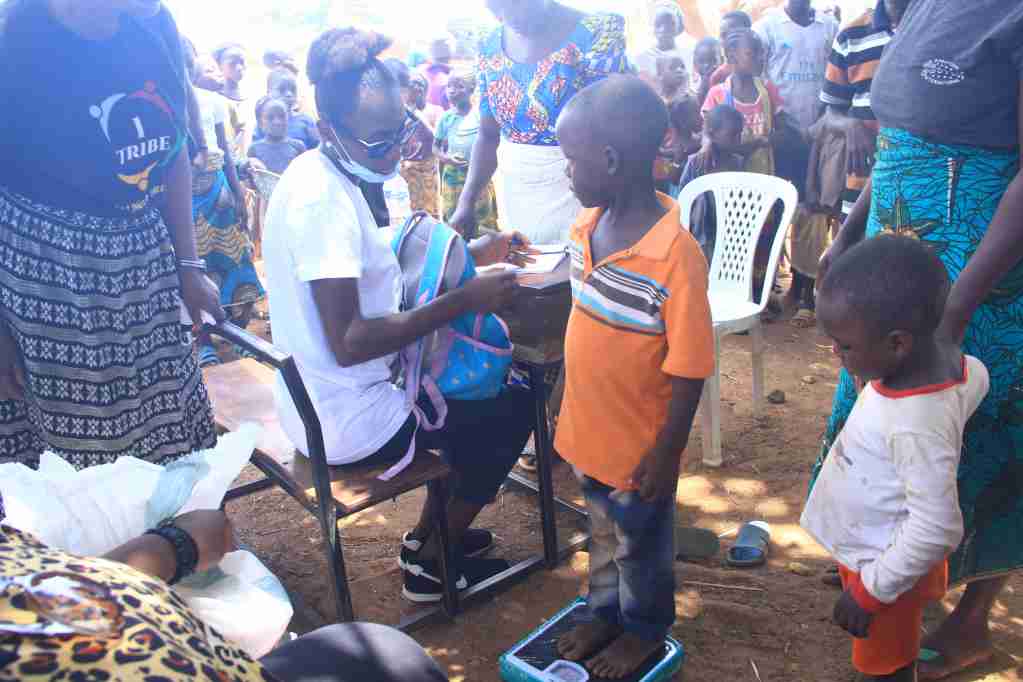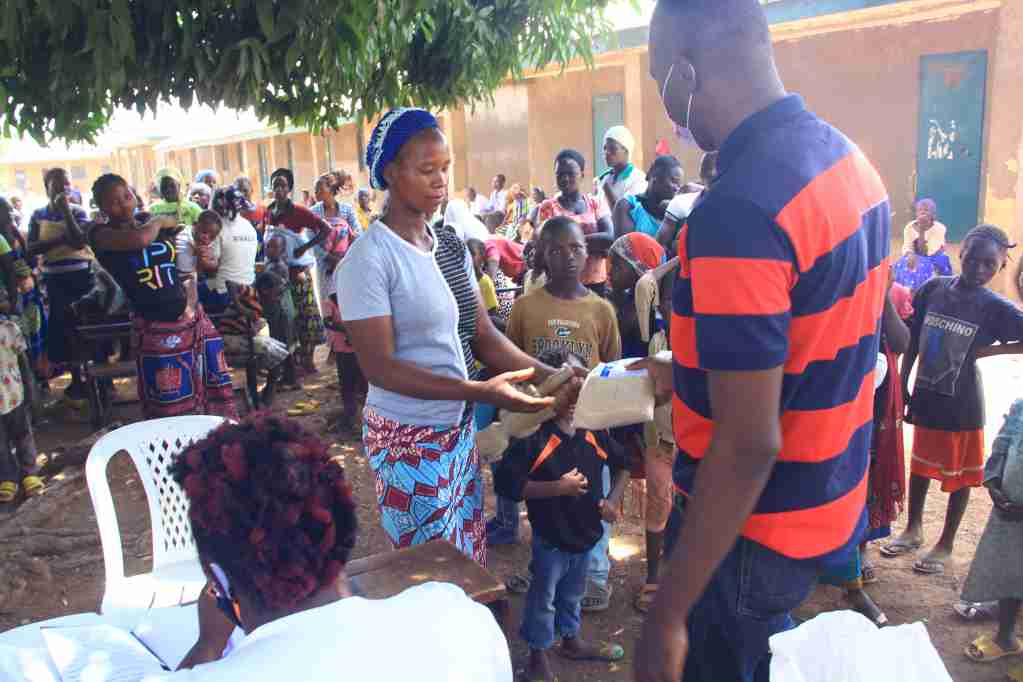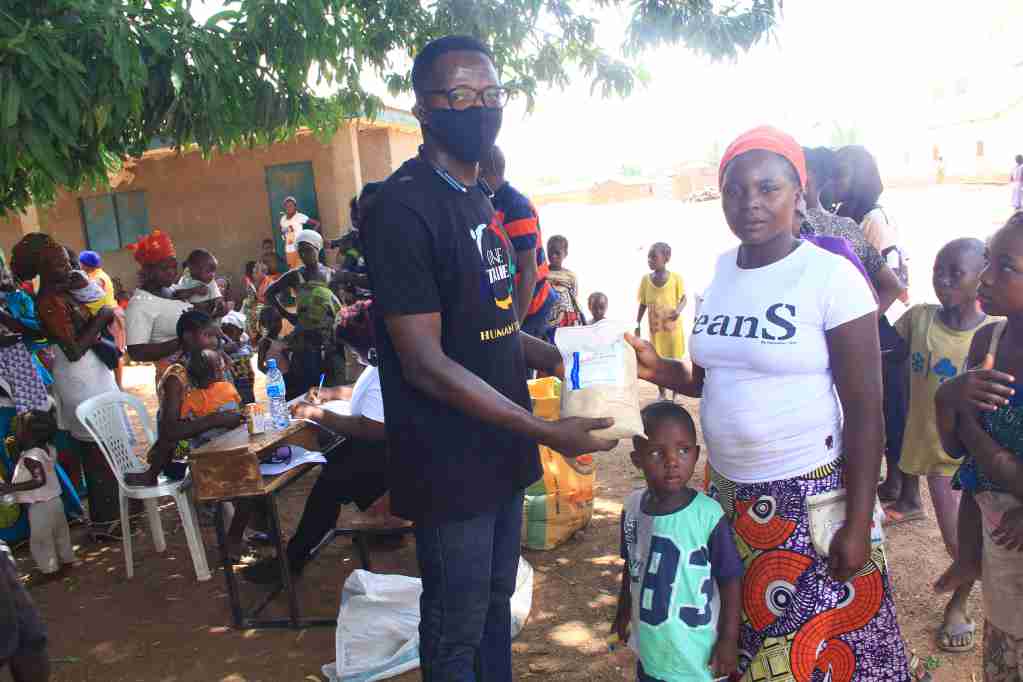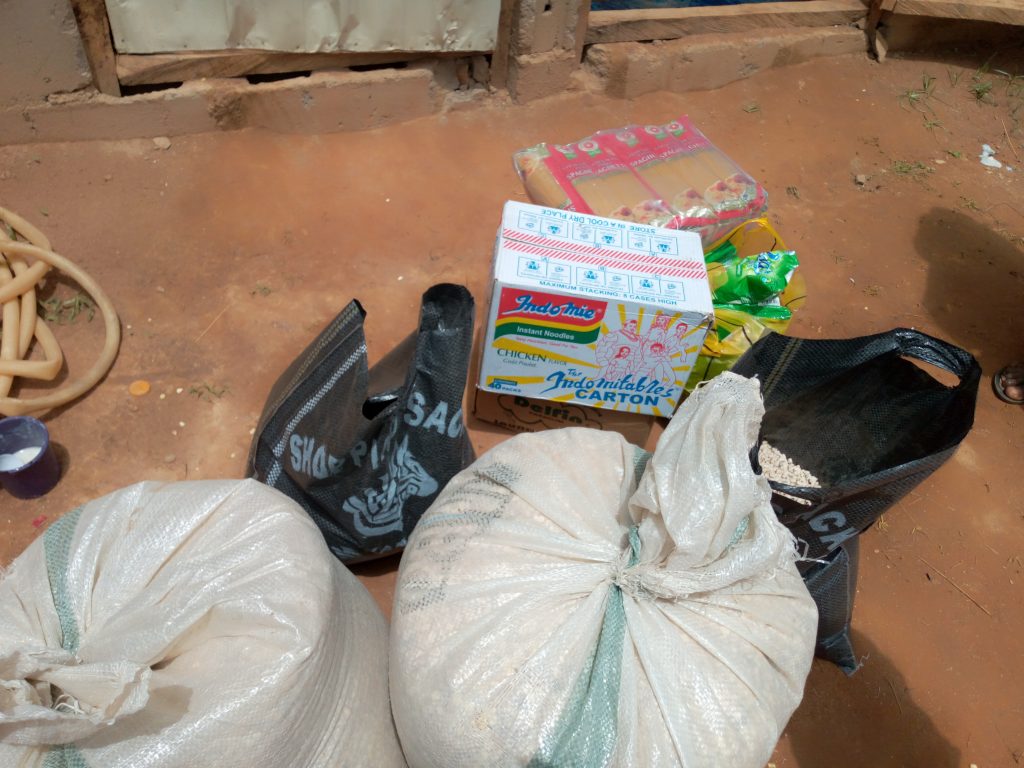Project Overview
Malnutrition is a major public health problem in Nigeria, especially in areas affected by conflicts, displacement, and poverty. Internally displaced persons (IDPs) are particularly vulnerable to malnutrition, as they often lack access to adequate food, water, and healthcare. In response to this challenge, a feeding intervention was designed to combat malnutrition in IDP camps. The intervention was implemented in 2021 in a community in Rimau, Kaduna State, Nigeria. The aim of the intervention was to provide a nutritious and affordable meal to children in the IDP camp, using locally available ingredients.
Project Objectives
The specific objectives of the feeding intervention were:
- To improve the nutritional status of children in the IDP camp, by providing a daily meal of Tom brown, a locally produced fortified cereal.
- To reduce the prevalence of malnutrition, especially severe acute malnutrition (SAM), in the IDP camp, by screening and referring children with malnutrition to the health clinic for treatment.
- To promote community participation and ownership of the feeding intervention, by involving community leaders, health workers, and volunteers in the planning, implementation, and monitoring of the intervention.
- To assess the feasibility, acceptability, and sustainability of the feeding intervention, by collecting feedback from the beneficiaries, caregivers, and stakeholders.
Project Activities
To achieve the project objectives, the feeding intervention implemented the following activities:
- Needs assessment: A needs assessment was conducted to determine the nutritional status, dietary practices, and food security situation of the children in the IDP camp. The assessment involved anthropometric measurements, dietary recall, and focus group discussions with the caregivers.
- Menu planning: A menu was developed based on the local food preferences, availability, and nutritional needs of the children. The menu consisted of Tom brown, a porridge made from maize, soybeans, groundnuts, and cowpeas, fortified with vitamins and minerals.
- Food procurement: The ingredients for Tom brown were procured from local farmers and markets, with the support of the community leaders and volunteers. The ingredients were processed, packaged, and stored in a secure and hygienic manner.
- Nutrition education: The caregivers of the children were provided with nutrition education on the importance of a balanced diet, hygiene practices, and feeding practices. The education was delivered through group sessions, individual counseling, and printed materials.
- Monitoring and evaluation: The feeding intervention was monitored and evaluated using various indicators, such as the number of beneficiaries, the attendance rate, the nutritional status of the children, the feedback from the caregivers, and the cost-effectiveness of the intervention.
Project Results
The feeding intervention in Rimau, Kaduna State, reached 200 children in the IDP camp, who received a daily meal of Tom brown.
